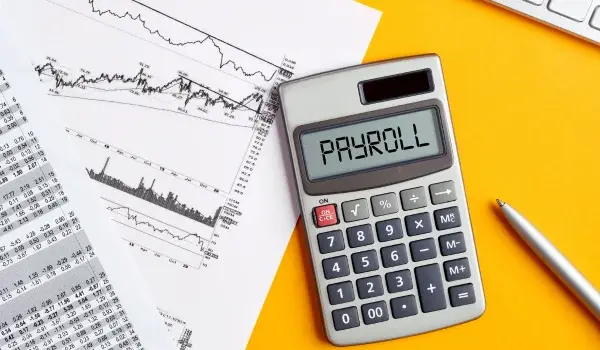Decoding Paychecks: What's the Difference Between Gross Pay and Net Pay
What is Gross Pay?
Your gross pay is the total amount of money that you earn from your labor before...
It can be challenging for businesses to determine how to classify workers, especially when hiring independent contractors with specific expertise. The distinction between employees and independent contractors can become blurred. Understanding how to classify these workers is crucial for businesses in 2024. Here's what you need to know about paying 1099 employees.
To determine whether a worker is an independent contractor or an employee, several key factors should be considered.
First, it's important to look at who controls the worker's hours. Employees are typically told when and where to work, while independent contractors have the freedom to set their own schedules and decide how and where they work, as long as they meet their project deadlines and requirements.
Employees are guaranteed wages and provided with tools and supplies by their employers. They also receive reimbursements for expenses. On the other hand, independent contractors are paid based on the project or hourly for a specific duration.
Additionally, employees are entitled to benefits such as paid time off and contributions towards health plans, whereas independent contractors do not receive these benefits from the business.
By considering these guidelines, businesses can gain a better understanding of whether their workers should be classified as independent contractors or employees.
For 1099 worker compensation, you have a few different payment methods available. However, the key to successful payment is first collecting their Taxpayer Identification Number (TIN). This number will allow you to report the payments. If you pay them more than $600, you must also submit a 1099.
The first step is to establish a payment system with your independent contractor. Some will have preferences or stipulations about how they want to be paid, such as via check or direct deposit. You can also use methods such as PayPal or one of various independent contracting platforms that can process payments for you.
In your agreement with your contractor, you also need to establish the guidelines for payment. For example, you need to determine if the worker will be paid by project or hourly. You also need to consider the deadlines for payment processing, such as 14 days after receiving an invoice or at the end of a project.
This agreement should also consider policies for disagreement or failing to fulfill the contract. For example, if the independent contractor does not return the work according to specifications or if the employer changes the specifications mid-project, both sides need to know how the matter will be handled.
Establishing an agreement with your independent contractor also requires defining your payment method. Many independent contractors appreciate direct payment methods, such as direct deposit or payment apps that pay them immediately.
Others prefer convenience methods, like PayPal. Offering contractors options such as checks can also be helpful. Know what independent contractor payment methods work for your business and discuss the options with the contractor before signing the agreement.
Those interested in hiring 1099 workers will want to make sure they understand the intricacies of paying these workers legally and effectively. Here are the FAQs we hear more frequently.
Paying freelance workers with cash is legal but can make specific processes more difficult for you. Let’s look at the pros and cons of paying in cash.
Another common question businesses have revolves around taxes. Organizations want to know who pays taxes on the income of independent contractors. When a worker is classified as an independent contractor, they are personally responsible for the taxes on the income. Businesses only need to submit federal tax deposits for employees, but they can also only claim employees for the Work Opportunity Tax Credit.
Independent contractors must pay all their own federal, state, and local taxes and their own Social Security and Medicare taxes.
Navigating the differences between employees and independent contractors and writing the contractor payment terms can be challenging. Need help managing payroll for your independent contractors? Contact Exact Payroll today for expert assistance!
Your gross pay is the total amount of money that you earn from your labor before...
Understanding the difference between a career and a job is important for both employers and...
5 mins
A payroll card looks remarkably similar to a debit or credit card. It...
4 mins
Exact Payroll Inc
3993 Huntingdon Pike Suite 110
Huntingdon Valley, PA 19006
Mon - Fri: 8:30AM - 5:00PM
Company
Subscribe to Newsletter
